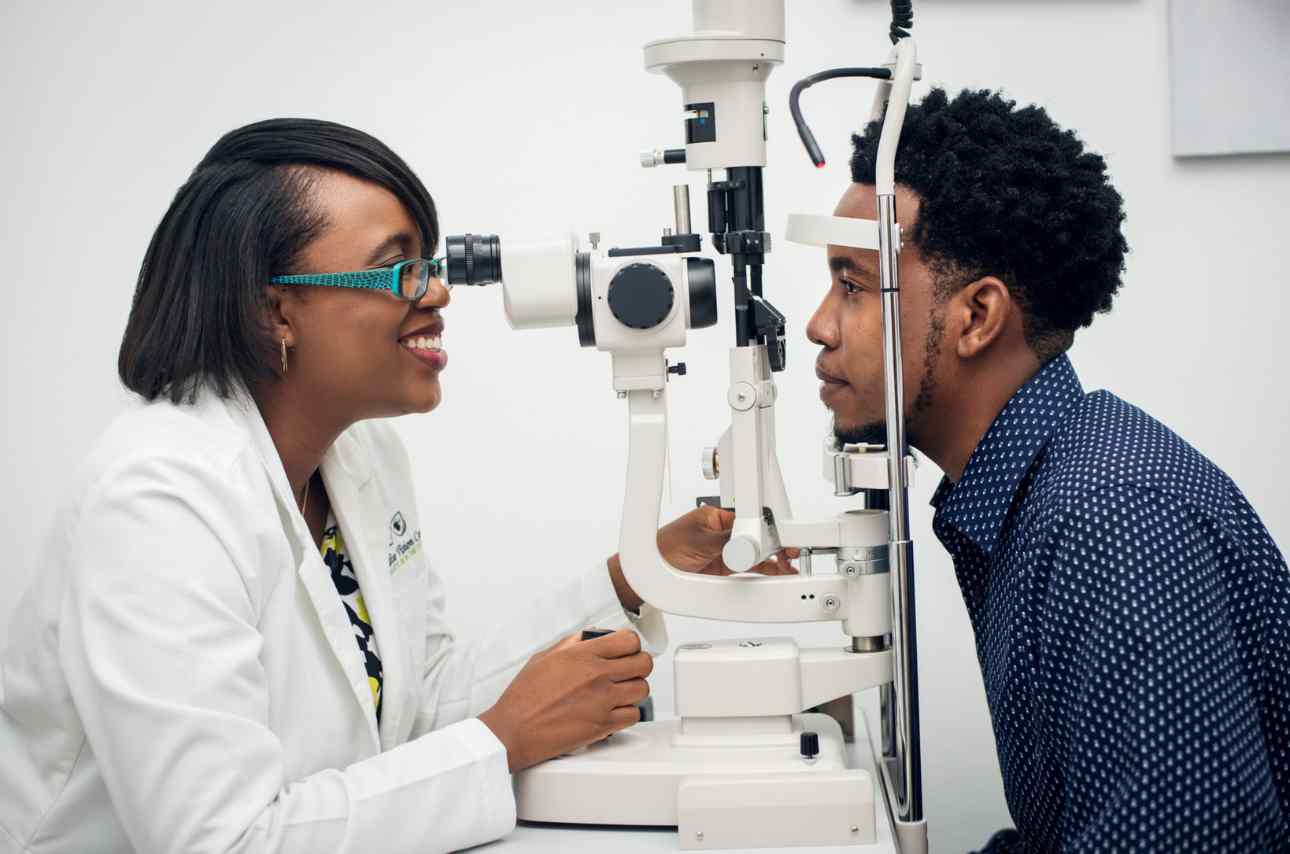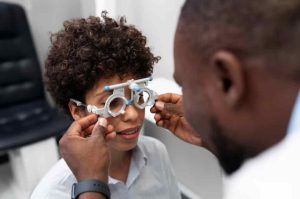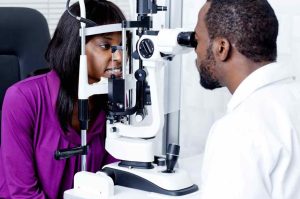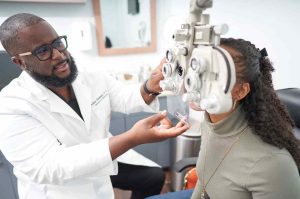
Vision problems are a common and serious issue that affects millions of people in Nigeria, especially those living in rural areas. According to the World Health Organization, about 10% of Nigerians aged 15 years and above have some form of visual impairment, ranging from mild refractive errors to severe cataracts. Vision problems can hurt the economic and social well-being of individuals and communities, as they limit their access to education, health care, employment, income generation, and participation in civic life. This article explores the economic and social benefits of prioritizing vision care within Nigeria’s NGO community, highlighting the impact on productivity, inclusivity, and overall well-being.

The Role of NGOs in Providing Vision Care in Nigeria
Non-governmental organizations (NGOs) play a vital role in addressing vision problems in Nigeria’s NGO community. NGOs are independent entities that work for various causes and interests without being affiliated with any government or political party. They provide various services and interventions to improve the quality of life of marginalized and vulnerable groups, such as the poor, the rural dwellers, the women, the children, the elderly, and those with disabilities. Some of the ways that NGOs help to address vision problems in Nigeria’s NGO community are:
1. Providing eye care services: NGOs partner with local health facilities or mobile clinics to offer eye examinations, diagnosis, treatment, and referrals for people with vision problems. They also distribute eye care products such as glasses, contact lenses, eye drops, and artificial tears to those who need them. Some NGOs also conduct eye camps or outreach programs to screen and treat people with vision problems in remote or underserved areas.
2. Promoting eye health awareness: NGOs educate people about the causes, symptoms, prevention, and management of common vision problems such as myopia (nearsightedness), hyperopia (farsightedness), astigmatism (irregular shape), presbyopia (age-related loss of near vision), glaucoma (increased pressure in the eye), cataract (clouding of the lens), diabetic retinopathy (damage to the retina due to diabetes), trachoma (infection of the eyelid due to poor hygiene), etc. They also raise awareness about other eye diseases such as conjunctivitis (pink eye), keratitis (corneal inflammation), uveitis (inflammation of the uvea), etc.
3. Advocating for policy change: NGOs lobby with relevant authorities at local, state, national, or international levels to advocate for better policies and programs that support eye health initiatives. They also monitor and evaluate the implementation and impact of existing policies and programs on vision health outcomes. They also collaborate with other stakeholders such as civil society organizations (CSOs), media outlets, private sector actors, etc., to mobilize resources and support for eye health causes.
4. Empowering people with disabilities: NGOs empower people with disabilities who have vision problems by providing them with assistive devices such as magnifiers, braille machines, talking books audiobooks, etc. that enable them to access information and communicate effectively. They also provide them with vocational training or skills development opportunities that enhance their employability and income generation potential. They also advocate for their rights and inclusion in society.

Socio-Economic Benefits of NGOs Providing Vision Care in Nigeria
By addressing vision problems in Nigeria’s NGO community through these interventions, NGOs contribute to achieving several economic and social benefits, such as:
1. Improving human capital: Vision problems can hinder people from acquiring knowledge, skills, and competencies that are essential for economic development and social progress. By providing quality and affordable eye care services and products, NGOs help people improve their visual acuity and literacy levels, which can boost their productivity and employability. By providing vocational training or skills development opportunities, NGOs help people acquire relevant and marketable skills that can increase their income and self-reliance. By empowering people with disabilities who have vision problems, NGOs help them overcome barriers and participate fully in society.
2. Enhancing social cohesion: Vision problems can create social exclusion and discrimination among people who have different levels of visual impairment. By providing eye care services and products, NGOs help reduce stigma and prejudice against people who have vision problems, which can foster social acceptance and respect. By promoting eye health awareness, NGOs help educate people about diversity and inclusion among people who have different needs and preferences. By advocating for policy change, NGOs help ensure that policies and programs are responsive to the needs and rights of people who have vision problems.
3. Strengthening resilience: People with vision problems may be exposed to various risks such as accidents, injuries, illnesses, and natural disasters, which can threaten their lives and livelihoods. Non-governmental organizations (NGOs) provide eye care services and products to help prevent or treat injuries or illnesses that affect their eyesight. NGOs also offer vocational training or skills development opportunities to prepare people for coping with shocks or crises that may affect their income sources. By empowering people with disabilities who have vision problems, NGOs help them lead a better life.

Conclusion
Addressing vision problems within Nigeria’s NGO community brings about significant economic and social benefits. By prioritizing vision care, NGOs can enhance workforce productivity, promote inclusivity and accessibility, improve health and well-being, reduce economic burdens, and drive positive social impact. The investment in regular eye exams, interventions, and awareness campaigns not only benefits the NGO community itself but also contributes to the overall development and well-being of Nigerian society. By recognizing the importance of vision care, NGOs can maximize their impact and create a more inclusive and prosperous future for all.
